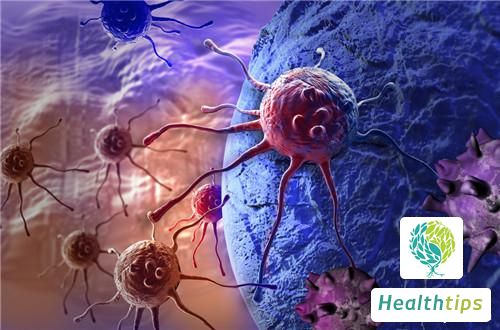Non-epithelial tissues do not develop cancer. Cancer refers to epithelial cell tumors, which are malignant tumors. The cancer we usually refer to actually refers to malignant tumors, including cancer and sarcoma. Once cancer cells appear, they are prone to transformation, metastasis, and unlimited growth, so they are difficult to eliminate. Currently, the main method for treating cancer is surgery, which is followed by adjuvant therapies such as radiotherapy and chemotherapy. Cancer refers to epithelial cell tumors, and non-epithelial tissues do not develop cancer. The tissue cancer that does not occur is malignant. It is worth noting that in Pathology, "cancer" is only used for malignant tumors of "epithelial tissue", which is just a name. The usual "cancer" refers to malignant tumors, including cancer and sarcoma. "Sarcoma" refers to the malignant tumor of mesenchymal tissue. Therefore, from a more professional perspective, "cancer" cannot occur in non-epithelial tissues. Characteristics of cancer cells: Cancer cells are derived from "rebellious" normal cells and take many years to develop into tumors. In the process of cell differentiation, "rebellious" cells deviate from the norm, set their own proliferation rate, and accumulate to more than one billion before we notice. Cancer cells are mutated cells and are the source of cancer. They differ from normal cells in three major characteristics: unlimited growth, transformation, and metastasis, making them difficult to eliminate. Characteristics of normal cell carcinogenesis: The process of normal cells becoming cancer cells is called carcinogenesis. There are two main characteristics after normal cells become cancerous: 1. They divide very quickly and can continuously divide to form tumors. 2. Cancer cells can also invade adjacent normal tissues and enter other distant tissues and organs through blood, lymph, etc., which is the metastasis of cancer. The essence of cell carcinogenesis is the change in genetic characteristics of cells. The nucleus is a genetic information bank and the control center of cells, determining the morphological structure and function of cells.


